Pianist Fujiko Hemming (Georgiii-Hemming Ingrid Fuzjko) died of pancreatic cancer on April 21 at the age of 92. A television documentary program that aired her story of continuing to take on challenges in the face of various difficulties drew sympathy for her and created a “Fujiko boom” as a late-blooming pianist.
Raised in a family where her father was a Swedish painter and architect and her mother a Japanese pianist, her real name is Georgi-Hemming Ingrid Fujiko, her family moved to Japan when she was five years old, but her father did not fit in and returned alone just before the war broke out. Later, in the midst of a difficult life with her mother and younger brother, she learned piano from her mother, Toako Otsuki.
At the age of 16, she lost the hearing in his right ear due to worsening otitis media, but made her concert debut at the age of 17. While still a student at Tokyo National University of Fine Arts and Music, she was selected for the 22nd NHK Mainichi Competition (now the Japan Music Competition) in 1953, and won second prize the following year. After that, she began a full-fledged musical career, performing with orchestras in Japan, and set her sights on studying in Germany.
However, when she applied for her passport, it was discovered that she was stateless, having no nationality in either Sweden or Japan. Her studies did not take place until 1961, when, with the help of the West German Ambassador to Japan, she crossed over to Germany as a refugee recognized by the West German Red Cross. At this time, she was 28 years old. While there, she studied at the State Berlin College of Music (now the Berlin University of the Arts) while struggling to make ends meet.
While there, she studied with Paul Badura-Skoda, who was her guardian in Vienna. She was also recognized for her talent by composer and conductor Bruno Maderna, who signed her as his soloist. However, she missed a great opportunity when she caught a cold and lost the hearing in her left ear as well just before a recital. Disappointed, she moved to Stockholm. While receiving treatment for her ear, she qualified as a teacher at a music school and continued to give concerts throughout Europe while teaching piano.
In 1995, after the death of her mother, she returned to Japan, and in 1999, NHK broadcast a documentary program titled “Fujiko: The Trajectory of a Pianist,” which chronicled her tumultuous life and her efforts to revive herself, which was met with a huge response and created a “Fujiko boom” in Japan. Her debut album “Kiseki no Campanella” was released shortly afterward and sold more than 2 million copies.
In response, she resumed her full-fledged musical activities, beginning with a revival recital at the Tokyo Opera City Concert Hall in October 1999. Her performances of Liszt and Chopin were highly acclaimed, and her warm, nostalgic music, which envelops the listener in a relaxed atmosphere, attracted many people. She also performed with many prominent orchestras in Japan and abroad, and continued to perform energetically even after her 90th birthday.
In 2003, her checkered life was dramatized for television, and in 2018, the music documentary film “Fujiko Hemming no jikan” was released, with another documentary film, “Koisuru Pianist: Fujiko Hemming” to be released this October. Last November, she fell at home, and this past March she was diagnosed with pancreatic cancer and was recuperating.
PHOTO:Universal Music / Decca
Click here for details ▷
R.I.P 〓 Fujiko Hemming(92)Swedish-Japanese Pianist
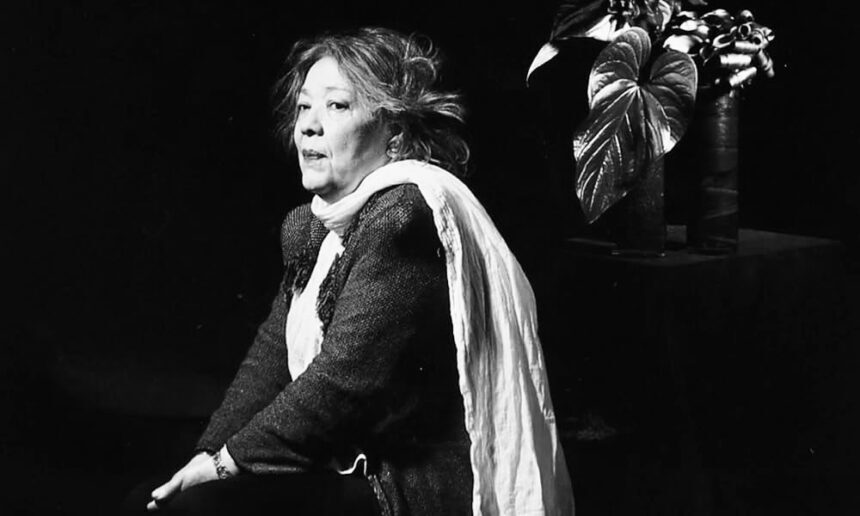
2024/05/02
- Comment: 0


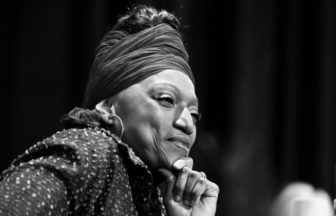
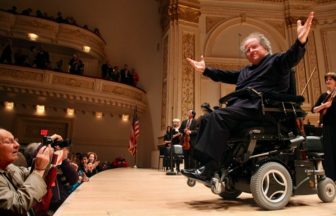
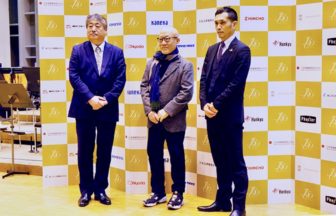
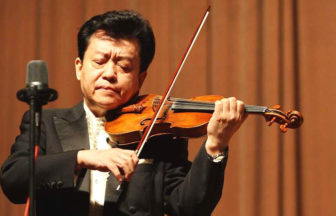
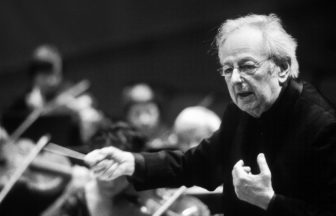
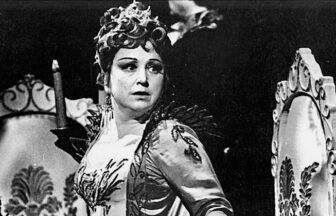
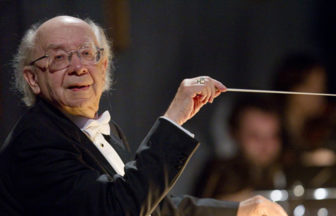

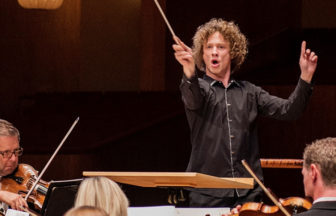
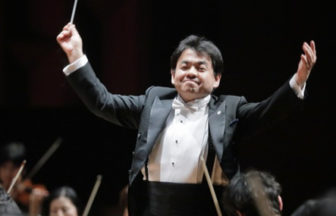
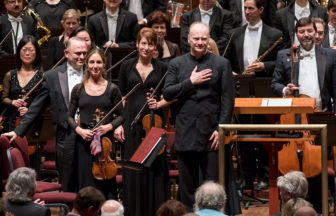
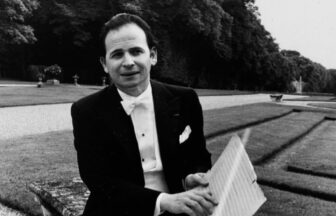
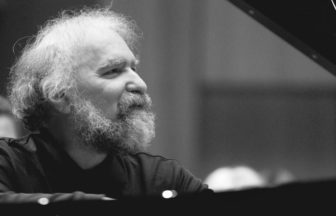

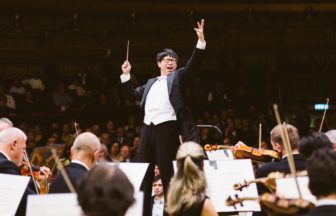
No comments yet.